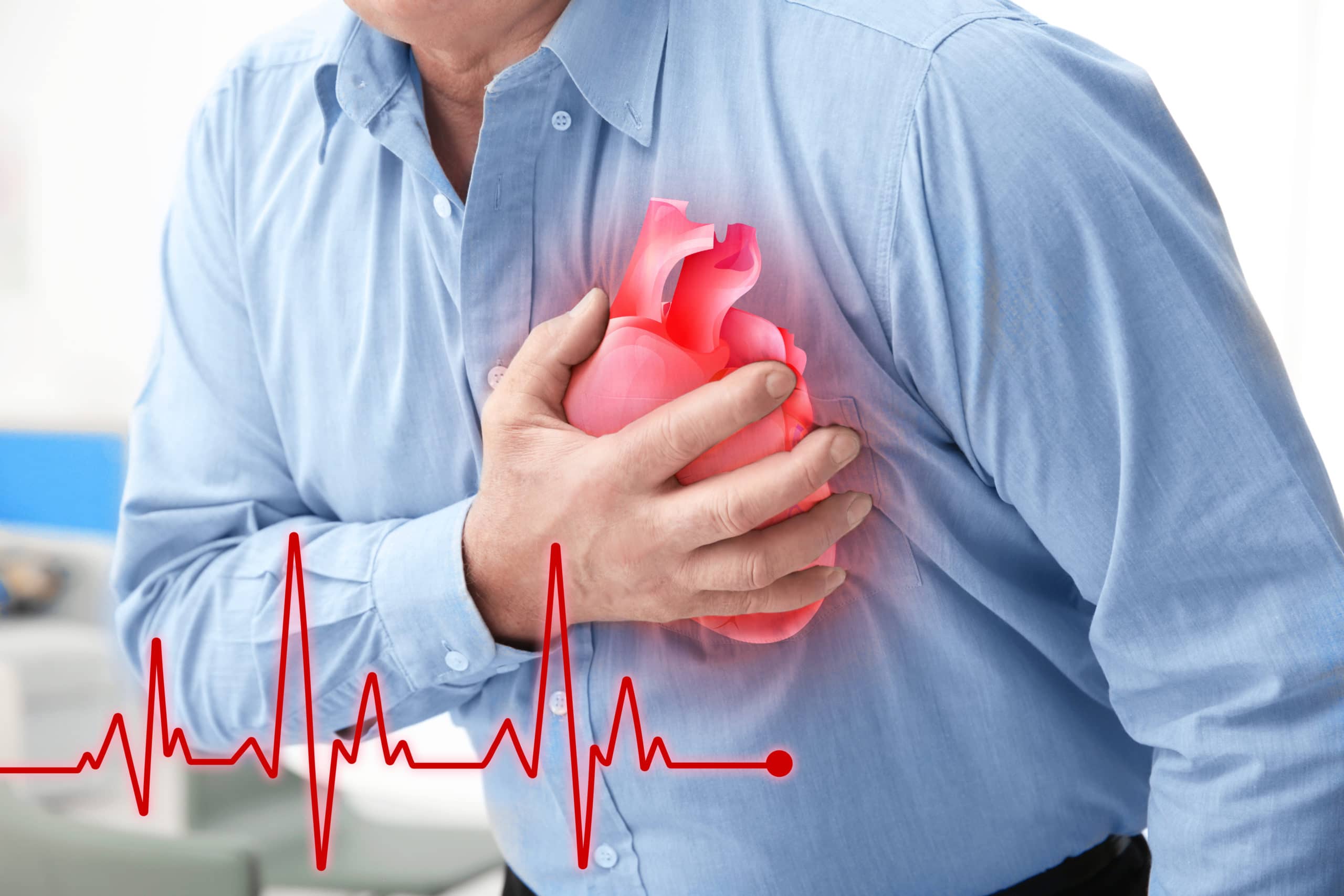Heat and humidity can both increase the risk of a heart attack. especially for those who are already at risk or who have cardiovascular disease already. When the temperature rises, especially when combined with high humidity, several factors enter the picture that can strain the cardiovascular system and potentially cause a heart attack.
- Increased heart workload: Blood vessels enlarge in hot weather, and the body directs more blood to the skin to conduct heat away from the body. As a result, the heart has to work harder to keep vital organs like the brain and heart supplied with enough blood. This increased workload can be especially taxing for people who already have heart problems.
- Dehydration: The combination of heat and humidity can cause excessive perspiration and fluid loss, which could lead to dehydration. Dehydration causes the blood to become thinner and less voluminous, which makes it more difficult for the heart to pump blood effectively. Dehydration can also result in electrolyte imbalances, which can further impair heart function.
- Blood pressure increase: Heat causes blood vessels to expand, which initially lowers blood pressure. However, the body may activate mechanisms to increase blood pressure in response to this expansion in order to maintain proper circulation. This can be problematic for people who have hypertension (high blood pressure) or are at risk of developing it because it puts extra strain on the heart and blood vessels.
- Exacerbation of existing cardiovascular conditions: Extreme heat and humidity can make some cardiovascular conditions worse, including congestive heart failure, coronary artery disease, and arrhythmias. Because heat and humidity put a strain on the heart and the body’s thermoregulatory systems, these conditions may become worse.
- Reduced exercise tolerance: High temperatures and humidity make it more difficult for the body to regulate its internal temperature, which increases fatigue and lowers exercise tolerance. This may make people less likely to exercise, which is important for preserving heart health. In turn, being sedentary can hasten the onset or progression of cardiovascular disease.

To mitigate the risks associated with high heat and humidity, it is important to take precautionary measures such as:
- Water is the best fluid to drink in large quantities to stay hydrated.
- Avoid being in extreme heat or humidity for long periods of time, especially during the day.
- searching for cooler surroundings, such as air-conditioned rooms or areas with shade
- Wearing clothing that is lightweight and breathable.
- limiting physical activity and working out when it is cooler out
- Following medical advice and adjusting medications as needed during hot weather
If you or someone you know is at high risk for heart disease, it is advisable to consult a healthcare professional for personalized guidance on managing heat-related risks to heart health. Consult a healthcare professional for individualized advice on minimizing the risks of heat exposure to heart health if you or someone you know is at high risk for developing heart disease.
In hot and humid environments, people and healthcare professionals can gather essential data to make educated decisions about cardiovascular health by using portable ECG devices like Dr. Cardio, the ultimate Body Vital Monitoring portable 12-channel ECG machine.
For a better understanding of and mitigation of the effects of heat stress on cardiovascular health, more research and awareness are absolutely necessary. You cannot always beat the heat, but you can keep your heart healthy all year long with a little effort. Try out the Dr. Cardio ECG Machine demo, which is portable and simple to use.
